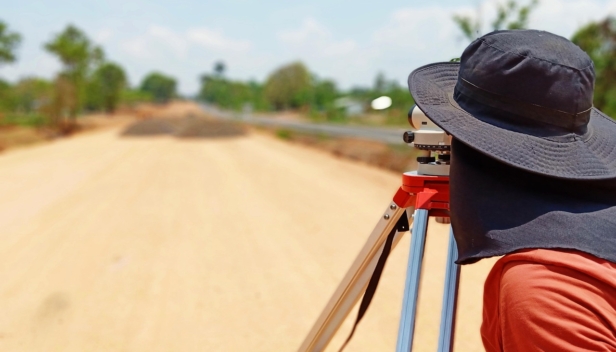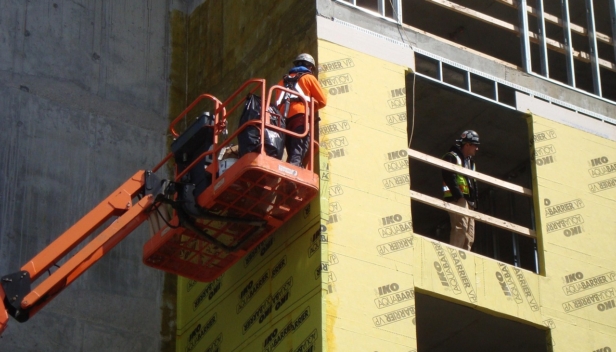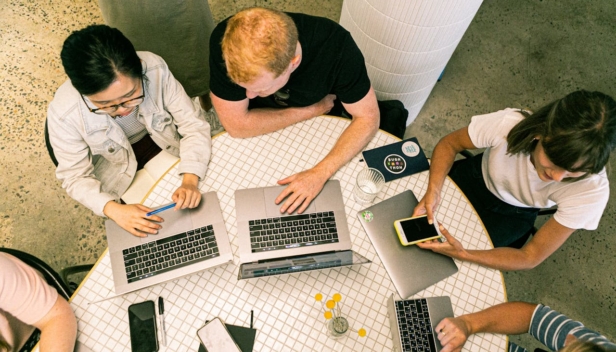Creating a film trailer using artificial intelligence
Video Production

The thesis is grounded in the development of a storyboard, produced with the assistance of artificial intelligence (AI) tools, for a short film for which I also authored the script. The storyboard illustrates the sequential frames that determine the film’s visual presentation and, consequently, plays a crucial role in the production process.
In the context of short films, where strict time constraints apply, the storyboard assumes an even more central function, as the limitations of the format render the efficiency of its design particularly significant. Traditional approaches to storyboard production are often labor-intensive and time-consuming, which presents a considerable challenge for independent filmmakers and smaller production teams.
By employing AI tools, it becomes possible to automate the generation of frames that would otherwise demand extensive manual effort. These tools are capable of producing images rapidly on the basis of spatial descriptions, precise positioning of characters, and key narrative events or actions. The practical component of the thesis involves the creation of a storyboard for a short film using AI technologies. Drawing on the script, I generated visual scenes with AI tools and arranged them into a coherent sequence.
The findings indicate that AI considerably reduces production time and facilitates more rapid iterations. However, certain elements—particularly aesthetic refinement—remain dependent on human intervention. This highlights the current limitations of AI in achieving full creative autonomy, and the thesis ultimately concludes that a comprehensive understanding of human thought processes by AI is improbable.
In addition, the thesis addresses the broader production-related and ethical implications of AI in the film industry. While AI clearly offers solutions to many obstacles faced by smaller creative teams, it simultaneously raises pressing questions of authorship, employment, and the preservation of human creativity. These dilemmas underscore the importance of a responsible and reflective approach to the adoption of AI in creative practices.
Overall, AI provides an efficient means of accelerating and democratizing storyboard production, particularly under conditions of limited budgets and time. Nevertheless, human creativity remains indispensable for ensuring the artistic, aesthetic, and conceptual originality of cinematic works.
This thesis therefore offers a critical perspective on the interplay between artificial intelligence and human creativity and considers its implications for the future of visual storytelling.
You can check the student’s product in the video below:





